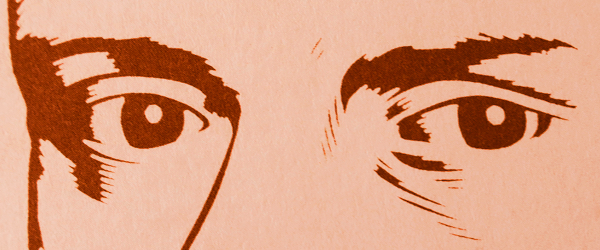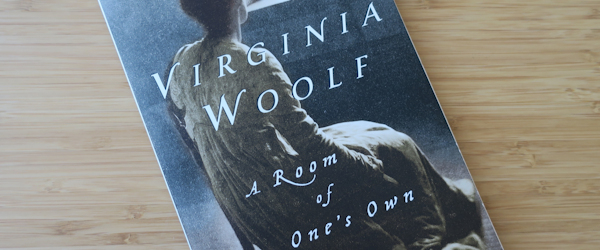 We become thinkers the very precise moment when we acknowledge death and discover our own mortality.
We become thinkers the very precise moment when we acknowledge death and discover our own mortality.
I believe the first time I truly grasped the concept of death and realized I will die one day was when I was 8 years-old. I was at home reading the shocking news about the Mexico City earthquake of 1985 and the number of deaths from the tragedy.
I remember the uneasy feeling in my body and the impossibility of doing something about it as I was holding the newspaper and seeing the word “deaths” in the story.
As I discovered that death was real, thinking about how to deal with this topic started to become serious business as well.
In his book, “The Questions of Life”, Spanish philosopher Fernando Savater says that if death is the eternal state of not being, then we have already defeated it: the day we were born.
And even if it is only one time we will defeat death, this one time and opportunity we have of being alive, every day and instant that we continue to live and enjoy life will be triumphantly ours.
With this, not only does one start to think more about life the moment we know we will die, but we also begin to feel more alive than ever.
What do we know about death? Certainly not much. We do know, as Savater explains, that death is very personal and non-transferable. We cannot die for someone else, we can only die our own death.
But death, besides being distinctly personal, is also an accurate concept of true impartiality. Death does not discriminate on race, gender, or socioeconomic class; there is no individual who can escape from it. In the eyes of death we are all equal.
The certainty of death is what gives more importance to our lives. Everything we do, all our work, our hobbies, our social interactions… are all ways of resisting death.
But death is such an incomprehensible thing and so inevitably personal that it also represents the biggest fear for most people.
Some people fear about the unknown that follows death and confront such distress believing in a supernatural after-life world: a mystical place of eternal joy or punishment.
Others, not believing in gods rewarding or punishing humans, fear about the possibility that there is absolutely nothing after death, and that nothing is quite terrifying to them as well.
Perhaps a comforting way to digest this topic comes from Greek philosopher and atomic materialist Epicurus who advises on why we shouldn’t worry nor lose sleep over death: There is nothing to be afraid of because we never coexist with death and we will never feel death, as feeling is an activity (and privilege) of the living.
To feel distressed about the (gazillion) years ahead of us in which we will no longer be alive is just as capricious as to worry about the billions of years before we were born.
If we did not feel any pain being absent for all those billions of years, why should we feel concerned about a future of eternal absence?
Savater also mentions that part of the anguish we feel about death has to do with facing two difficult realities: all the joys of life we will miss when it comes to our own death, and because it will leave us without those we love in the case of others’ deaths.
It’s the conscience of death that makes life a very serious issue to think about. It’s mysterious and marvelous, a type of miracle for which we must fight and constantly reflect.
So death inevitably makes us thinkers. But not thinkers about death itself, but about life. And that should make us feel more alive and grateful.
A popular proverb says, “no one is too young to die, nor too old to live one more day.” It’s up to us to fully take advantage of the time we have and live the best life we can.
 “I’m beginning to see that our appetite for books is the same as our appetite for food, that our brain tells us when we need the literary equivalent of salads, chocolate, or meat and potatoes.” – Nick Hornby
“I’m beginning to see that our appetite for books is the same as our appetite for food, that our brain tells us when we need the literary equivalent of salads, chocolate, or meat and potatoes.” – Nick Hornby Todos tenemos secretos que guardamos en los misterios de la vida y del amor.
Todos tenemos secretos que guardamos en los misterios de la vida y del amor. ¿Puede la democracia ser la salvación del futuro de la humanidad y de garantizar un mundo socialmente justo?
¿Puede la democracia ser la salvación del futuro de la humanidad y de garantizar un mundo socialmente justo? Can you imagine how different (and better) the world would be today had women always enjoyed the same opportunities as men to freely exercise their creative genius and influence humanity through their works of literature?
Can you imagine how different (and better) the world would be today had women always enjoyed the same opportunities as men to freely exercise their creative genius and influence humanity through their works of literature?